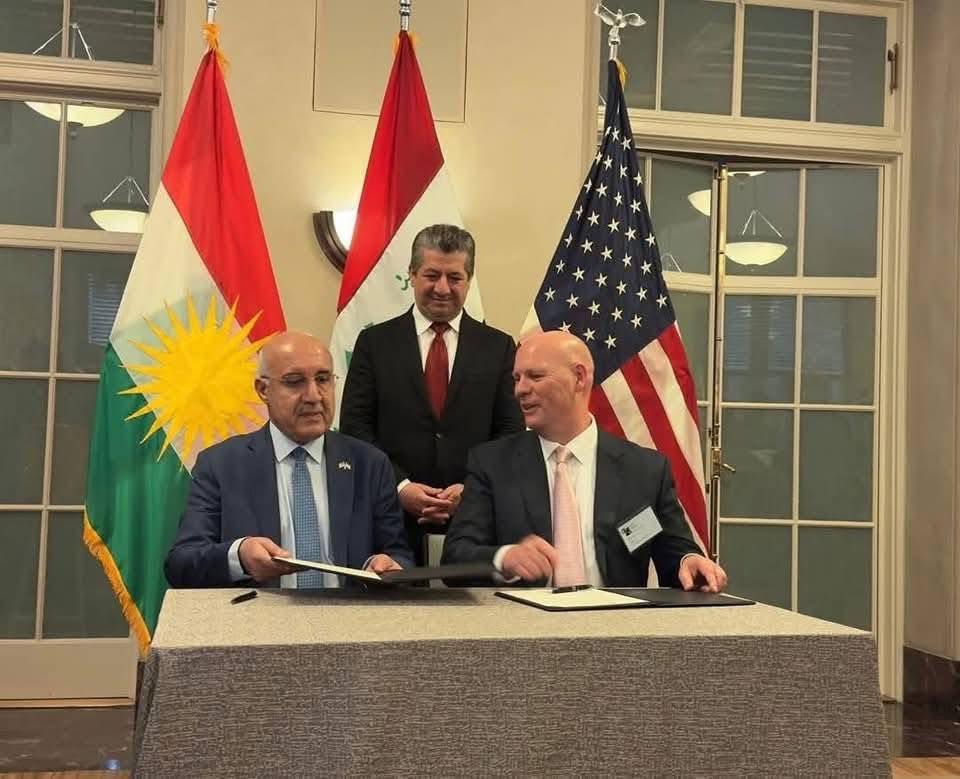Kurdistan’s Caretaker Government Signs U.S. Energy Deals, Sidestepping Baghdad’s Authority
Washington – The Kurdistan Region’s transitional administration has signed two major oil and gas contracts with U.S. companies, bypassing Iraq’s federal government and drawing sharp criticism over legal overreach, political legitimacy, and entrenched corruption.
The deals, unveiled Monday at a press conference in Washington, involve HKN Energy and WesternZagros, and concern the development of the Miran gas field and the Topkhana oil field. Kurdish officials estimate the projects could generate up to $110 billion in revenue.
Attending the signing was Masrour Barzani, acting Prime Minister of the Kurdistan Regional Government (KRG), despite the fact that his government is currently operating without an electoral mandate. Although parliamentary elections were held in 2024, no new cabinet has yet been formed, leaving Barzani in a caretaker role.
KRG Natural Resources Minister Kamal Muhammad confirmed that the deals were struck without Baghdad’s approval. “We did not wait for Iraq’s consent,” he told reporters in the U.S. “These agreements benefit both Kurdistan and Iraq.”
That claim, however, has done little to placate critics. Legal scholars, federal officials, and political analysts argue the contracts fall outside the jurisdiction of a transitional cabinet and could potentially violate Iraq’s constitution.
“It is deeply troubling to see a caretaker government making long-term strategic decisions without federal coordination,” a Baghdad-based constitutional expert told iKurd News on condition of anonymity. “This undermines both democratic norms and legal oversight.”
Iraq’s constitution places oil and gas under national ownership, mandating that international contracts involving hydrocarbons be negotiated through the federal Ministry of Oil. The KRG, however, has long disputed this interpretation, asserting its right to manage regional resources, a recurring source of tension with Baghdad.
The timing and nature of these agreements have further fueled long-standing allegations of corruption and mismanagement within the KRG. Watchdog groups, lawmakers, and financial auditors have repeatedly raised concerns over irregularities in oil revenue reporting. Leaked documents and internal audits suggest billions in oil income remain unaccounted for.
Many observers describe the Kurdistan Region as Iraq’s most corrupt administrative zone, with critics placing particular blame on the Barzani family, which dominates both politics and business in the region. Masrour Barzani is the son of former KRG president Massoud Barzani, a key political figure, while his cousin Nechirvan Barzani currently serves as president.
Opposition lawmakers and activists routinely refer to the ruling family as “Kurdish oligarchs”, accusing them of enriching themselves through the oil sector while public infrastructure and services continue to deteriorate.
“The people see billions vanish while hospitals, schools, and salaries remain in crisis,” said one Kurdish parliamentarian, speaking anonymously. “And now, new foreign deals are being signed with zero transparency.”
The internal political fragmentation of the Kurdistan Region further complicates the situation. The Barzani-led Kurdistan Democratic Party (KDP) controls the Erbil and Duhok governorates, while the rival Patriotic Union of Kurdistan (PUK), led by the Talabani family, governs Sulaimani and Halabja. This division has long impeded unified governance and fostered inconsistent policymaking across the region.
Despite the criticism, the U.S. Chamber of Commerce welcomed the agreements. Steve Lutes, Vice President for Middle East Affairs, praised the KRG delegation and the deals signed in Washington.
The Iraqi Oil Ministry, however, issued a strong statement on Tuesday rejecting the agreements, warning that such unauthorized contracts may be deemed null and void under federal law.
As efforts to form a new KRG cabinet remain stalled, analysts caution that these unilateral actions could deepen the Kurdistan Region’s legal ambiguities and further strain its already fragile relationship with Baghdad.
Meanwhile, in April 2025, General Electric signed a $100 million deal with Taurus Arm, a Sulaimani-based firm, to modernize the Bazyan power plant one of the few major energy projects taking place in a PUK-administered area, in contrast to the KDP-dominated oil deals in Erbil.

